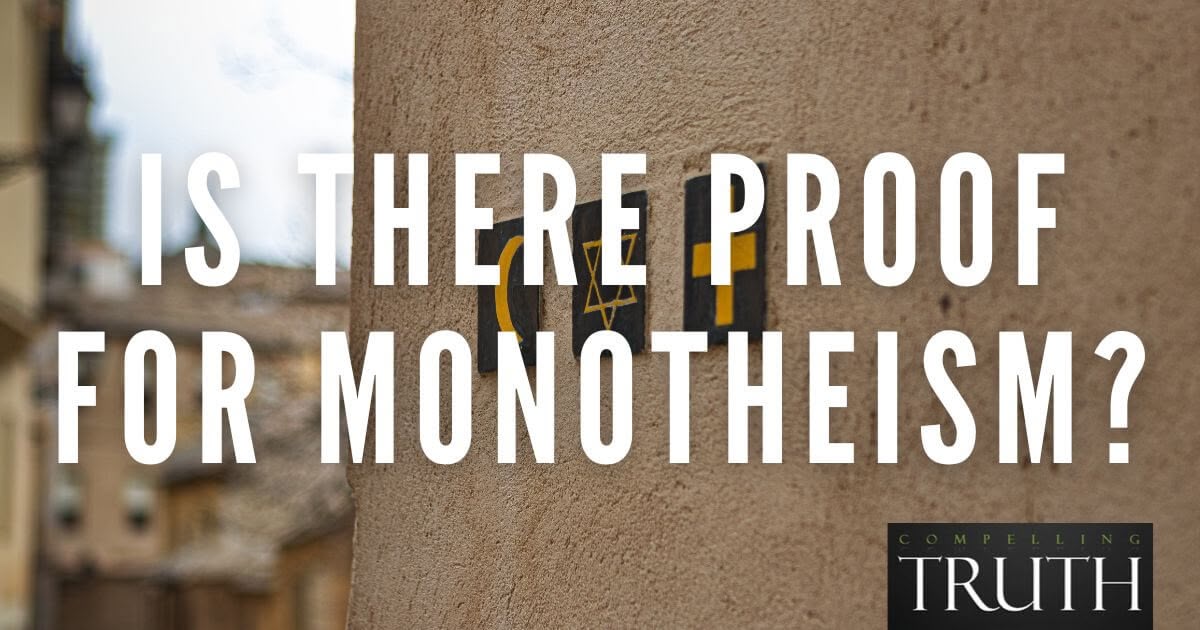Genesis 1:26, 3:22, 11:7, and Isaiah 6:8 all use a plural pronoun (“us” or “our”) rather than expected singular pronouns (“I” or “me”). These passages do not explain why God chose to speak that way. Based on the immediate context of Genesis 1:26–27, we can see that “us” refers to God. In Genesis 1:26, God says, “Let us make man in our image, after our likeness.” Genesis 1:27 says, “So God created man in his own image, in the image of God he created him; male and female he created them.” The “us” in verse 26 must be limited to God, alone, as that’s how verse 27 limits it.
Limiting the passages to God, there are two probable explanations. The first is that God was simply using the language of majesty (known as the “plural of majesty”). This would be similar to how a king might speak about “our rule” rather than “my rule.” While plausible, perhaps a better argument is that this is the hint that God is triune. While we needed to wait until the New Testament to get the full revelation that God is one in three Persons, even in Genesis there are other examples where we clearly see a mysterious distinction between the Persons of the Godhead (Genesis 1:2; 18:1–2, 16–21).
Verses like the Genesis passages where the plural is used for God boggle our minds even with the full revelation of Scripture. Imagine how much greater the mystery to those who only had less of God’s revelation! The reason we struggle with these passages is because we are talking about the eternal, unsearchable, and unknowable God. In contrast to Him, we are finite creatures. While we can understand three things that are kind of one, for example an egg, we have no clue what to think about God who is three in one, where each Person is distinct yet also the same essence (unlike an egg where the shell, white, and yolk are different things).
Even if God was “merely” referring to His majesty in these passages, He was still referring to Himself as the God who speaks and creation comes into existence (Genesis 1), who walks on the wind (Psalm 104:3), doing whatever He pleases (Psalm 115:3), and is everywhere at once (Psalm 139:7–10) yet also particularly with believers (Matthew 28:20; John 14:16–17; Romans 8:9; 1 Corinthians 3:16; Hebrews 13:5). In short, God is God alone—there is none like Him (Isaiah 45:5).
What do we do with this knowledge which we can’t fully understand? We praise Him! We obey Him! We glorify Him! We remember that we are dust and thank Him for considering us and lifting us to a place of honor in His creation (Psalm 8:3–8). We marvel at how an infinite God would give finite, rebellious creatures a thought, and we wonder how such a majestic God doesn’t immediately crush us for our rebellion. Indeed, we should wonder most of all at a God who is so gracious that He willingly crushed His Son so that we might live forever through Him (Isaiah 53:5).
God is a majestic, triune God. The implication of that knowledge? We worship Him!




